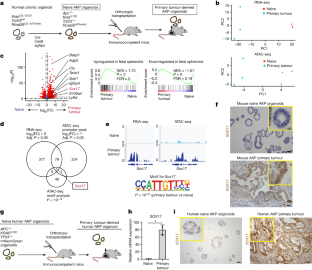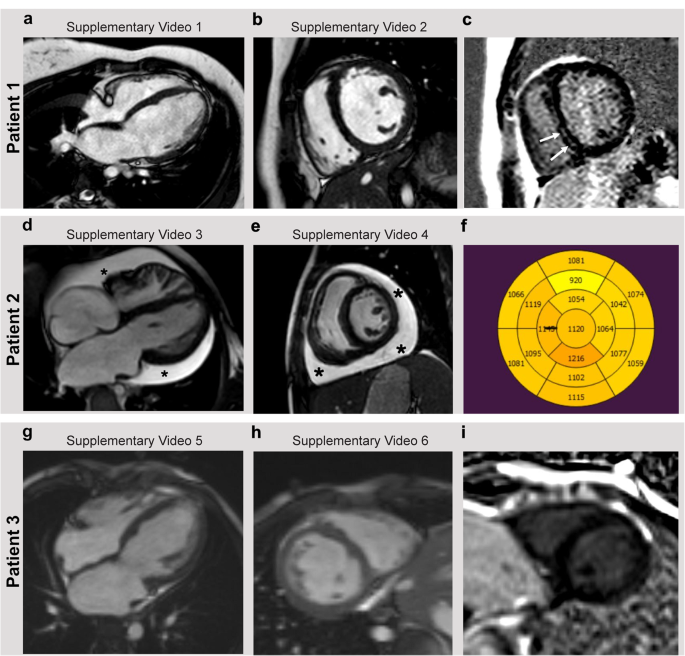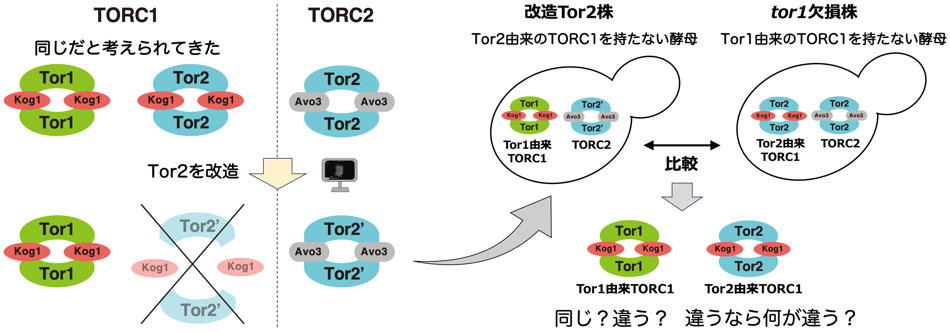2024-02-28 マサチューセッツ工科大学(MIT)
<関連情報>
- https://news.mit.edu/2024/how-early-stage-cancer-cells-hide-immune-system-0228
- https://www.nature.com/articles/s41586-024-07135-3
SOX17は初期の大腸腺腫と癌の免疫回避を可能にする SOX17 enables immune evasion of early colorectal adenomas and cancers
Norihiro Goto,Peter M. K. Westcott,Saori Goto,Shinya Imada,Martin S. Taylor,George Eng,Jonathan Braverman,Vikram Deshpande,Tyler Jacks,Judith Agudo &Ömer H. Yilmaz
Nature Published:28 February 2024
DOI:https://doi.org/10.1038/s41586-024-07135-3

Abstract
A hallmark of cancer is the avoidance of immune destruction. This process has been primarily investigated in locally advanced or metastatic cancer1,2,3; however, much less is known about how pre-malignant or early invasive tumours evade immune detection. Here, to understand this process in early colorectal cancers (CRCs), we investigated how naive colon cancer organoids that were engineered in vitro to harbour Apc-null, KrasG12D and Trp53-null (AKP) mutations adapted to the in vivo native colonic environment. Comprehensive transcriptomic and chromatin analyses revealed that the endoderm-specifying transcription factor SOX17 became strongly upregulated in vivo. Notably, whereas SOX17 loss did not affect AKP organoid propagation in vitro, its loss markedly reduced the ability of AKP tumours to persist in vivo. The small fraction of SOX17-null tumours that grew displayed notable interferon-γ (IFNγ)-producing effector-like CD8+ T cell infiltrates in contrast to the immune-suppressive microenvironment in wild-type counterparts. Mechanistically, in both endogenous Apc-null pre-malignant adenomas and transplanted organoid-derived AKP CRCs, SOX17 suppresses the ability of tumour cells to sense and respond to IFNγ, preventing anti-tumour T cell responses. Finally, SOX17 engages a fetal intestinal programme that drives differentiation away from LGR5+ tumour cells to produce immune-evasive LGR5– tumour cells with lower expression of major histocompatibility complex class I (MHC-I). We propose that SOX17 is a transcription factor that is engaged during the early steps of colon cancer to orchestrate an immune-evasive programme that permits CRC initiation and progression.


